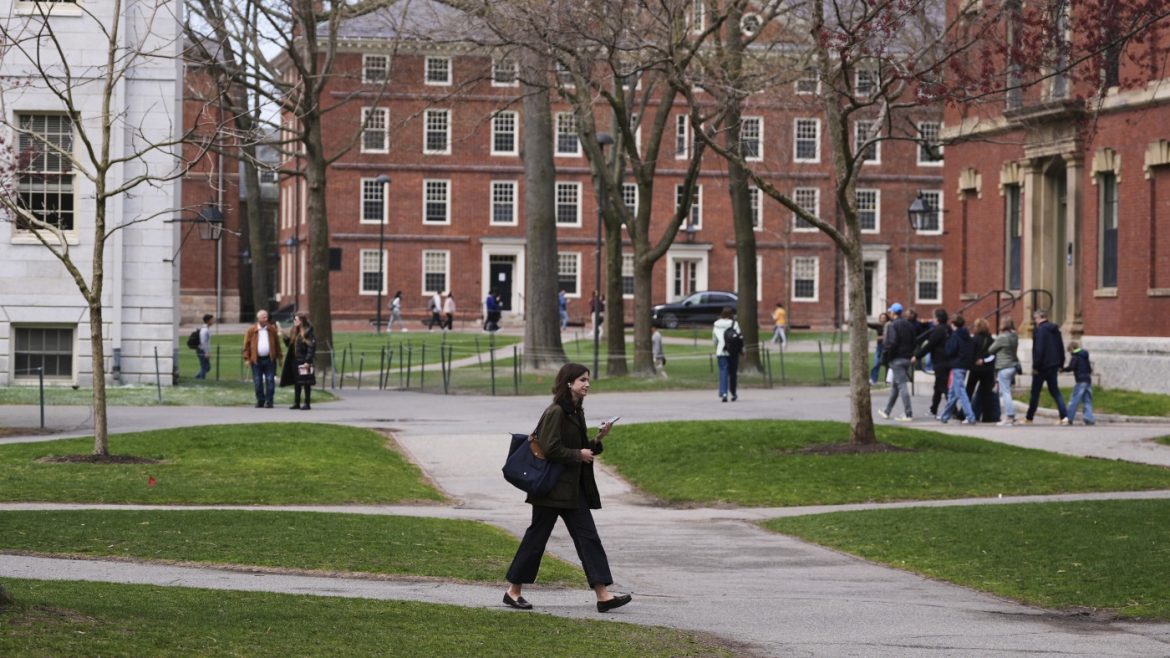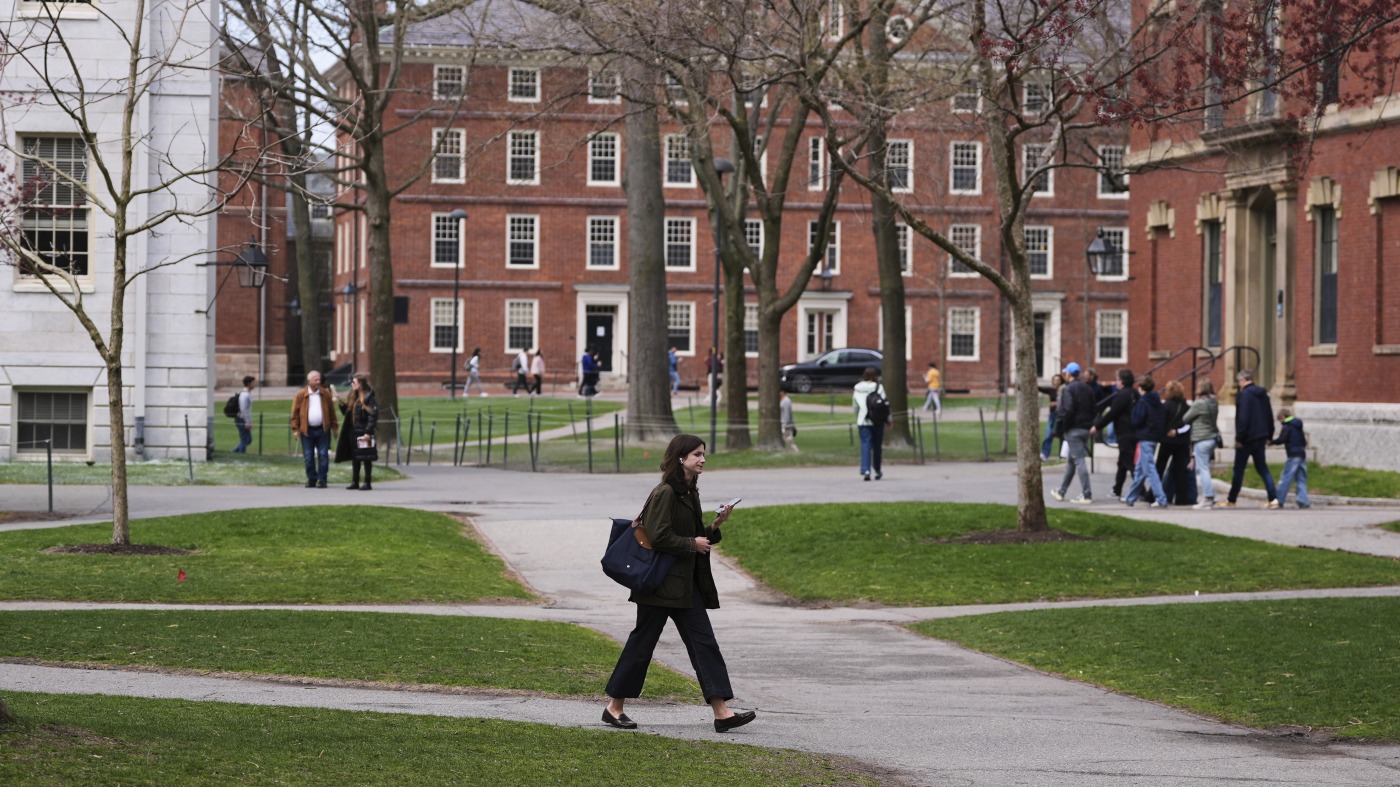Harvard University and the Trump Administration: A Clash Over DEI, Funding, and Academic Freedom
The ongoing confrontation between Harvard University and the Trump administration has intensified throughout 2025, spotlighting the broader struggle over diversity, equity, and inclusion (DEI) programs, federal funding, and the autonomy of higher education institutions. The conflict encapsulates the competing visions of what American academia should represent and the role of government in shaping or constraining that mission.
Background: The Genesis of the Conflict
Since President Donald Trump reassumed office in January 2025, his administration has adopted a hardline approach towards DEI initiatives in universities nationwide. Labeling these programs as politically driven or divisive, the administration issued demands to institutions like Harvard to alter or abandon their DEI efforts. Harvard, a historic bastion of American higher education, outright rejected these demands, setting off a cascade of administrative backlash.
The stark refusal led Washington to freeze more than $2.2 billion in multi-year grants and contracts awarded to Harvard by the federal government. This unprecedented financial sanction not only jeopardizes Harvard’s research projects but also raises alarms about the limits Washington places on academic independence.
The Stakes: Funding and Academic Freedom Threatened
For decades, Harvard and other flagship universities have been significant recipients of federal grants that underwrite vital research, academic programs, and innovations that contribute not just to American society but global knowledge. The Trump administration’s $400 million cut earlier in the year signified the beginning of this targeted squeeze. Now, with billions in funds frozen, the survival of many research programs is under threat.
Harvard’s President Alan Garber finds himself navigating these turbulent waters—publicly opposing the administration’s intrusive tactics while acknowledging some shared concerns. The university is fighting not just for funding but for the principle that higher education should be a space free from coercive political interference.
DEI Demands and Broader Implications
Central to the dispute are the administration’s demands regarding DEI programs. The administration insists these initiatives be curtailed or restructured, citing ideological reasons and a purported need to police campus speech, including anti-Zionist expressions, while calling for more focus on specific issues like antisemitism. Harvard and allied institutions see this as government intrusion into academic freedom and the intellectual integrity of the university.
It is noteworthy that universities, including Harvard, have collectively pushed back, issuing letters opposing these government intrusions. Harvard’s legal response, including a lawsuit filed after the revocation of its ability to host foreign students, underscores the high stakes involved. Many researchers at Harvard, particularly those in the sciences, express devastation and uncertainty over the future of their work, with scientific innovation at risk due to funding freezes.
The Broader Context: Higher Education Under Political Pressure
The Harvard-Trump conflict is emblematic of a wider trend where higher education institutions face increasing political and financial pressures. The Trump administration’s efforts to prohibit DEI policies, control campus speech, and influence who can study in the U.S. reveal a contentious vision in which universities are expected to conform to narrow governmental criteria rather than serve as independent forums for intellectual diversity and social progress.
Despite these pressures, universities remain committed to resisting what they perceive as overreach. The battle over Harvard’s funding and mission reflects fundamental questions about the role of government in academic affairs, the protection of free inquiry, and the preservation of inclusive environments that reflect America’s diverse society.
Conclusion: An Enduring Struggle for the Soul of American Academia
The clash between Harvard University and the Trump administration is more than a quarrel over money and policies; it is a defining contest over the principles underpinning American higher education. Harvard’s steadfast refusal to comply with demands undermining DEI programs and academic freedom highlights a determined defense of institutional autonomy amidst political headwinds.
This struggle serves as a rallying point for universities nationwide, demonstrating the challenges they face in protecting their missions and values. The outcome will shape not only Harvard’s future but potentially the trajectory of universities across the country, determining the extent to which academic institutions can remain spaces of open inquiry, inclusion, and innovation in an increasingly polarized political landscape.
—
Defend academic freedom and inclusive education—support Harvard’s fight for DEI and research funding today.


